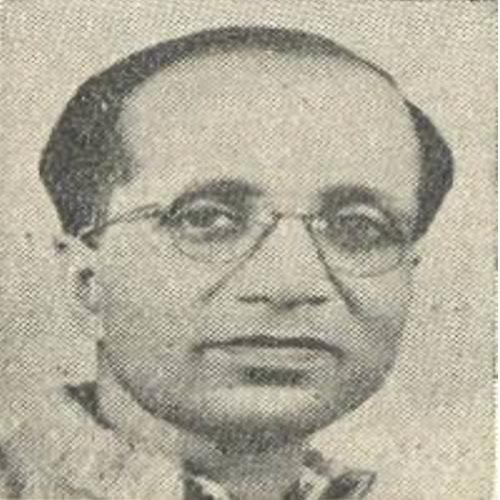Early Life
B V Keskar was born in 1903 in Pune. He studied at Kashi Vidyapith and completed his education at the Sorbonne, Paris.
Role in India’s Independence Movement
Keskar had an active political career. During the Non-Cooperation Movement of 1921, Keskar joined the Indian National Congress and worked as a Secretary in the Foreign Department of the All India Congress Committee (1939 to 1940). He was also appointed as the party’s General Secretary in 1946.
Contribution to Constitution Making
Keskar was elected to the Assembly from United Provinces through a Congress party ticket. He did not actively participate in the Constituent Assembly.
Later Contributions
After independence, Keskar was the Deputy Minister of External Affairs (1948-52) as well as the Deputy Minister of Railways and Transport in 1952. He was a part of the Indian delegation to the U.N. General Assembly (1950) and was later elected as the Minister of Information and Broadcasting (1952-1957).
He was a devotee of classical Indian music and worked towards its revival through radio. As a minister, he banned popular film music on the radio because he believed that they lacked respect for high culture. He also took down cricket commentaries from the radio because he felt that it was a colonial pastime and an unpleasant reminder of India’s unfortunate colonial past. He banned the use of the harmonium for being an adaptation of a foreign musical instrument.
He provided the masses with access to classical music and musicians. He is remembered for the Vrinda Vadya and the National Programme of Music initiatives to promote classical music through All India Radio.
He passed away on 28 August 1984.
Key Writings
Keskar authored and edited a number of publications, including Indian Music: Problems and Prospects and India: The Land and People.

